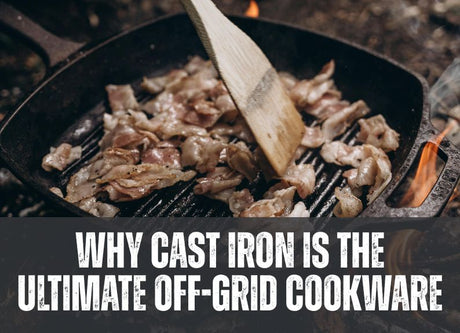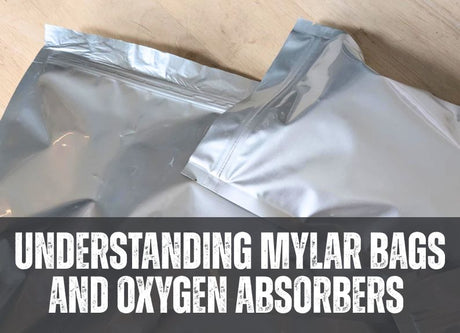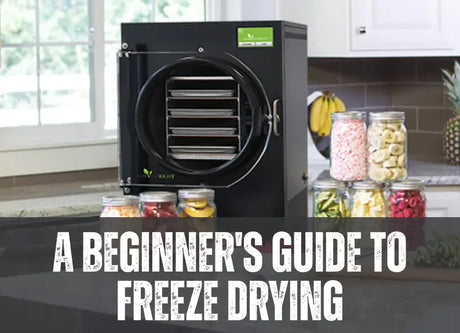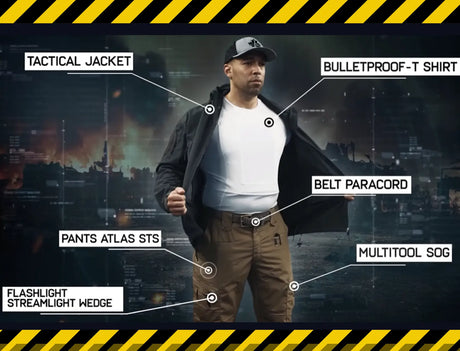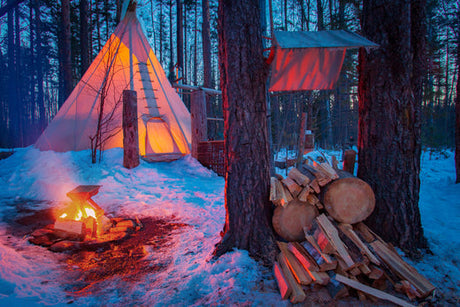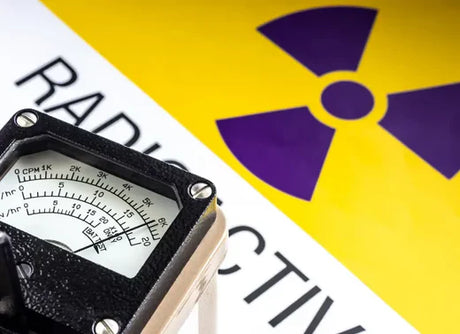Whether you are in an urban environment or taking your vehicle into the backcountry, there are some must-have items to have in your cars winter survival emergency kit is an essential ride-along. Be prepared with the right skills and quality gear so that you can handle any situation. We’re going to break down the three types of emergency kits for you with a gear list at the bottom, but first let’s go over the skills that everyone should have.
First things first, here are 4 necessary vehicle skills you should learn.
-
How to change a tire
This is a necessary skill even if you’re only driving in an urban environment. Changing a tire is quick and easy, and most vehicles come equipped with the essentials: a spare, a crow bar, and a jack. It is important to check the condition of your spare tire and ensure you have the necessary tools on hand. Always check your tires for wear and tear before heading out on the road.
-
How to boost a car battery
While this is an easy process, if you fail to do it correctly there can be some dire consequences. Follow these easy steps to jump start your vehicle safely. Before heading into the woods, ensure your battery is in good condition to avoid a breakdown in remote areas.
-
How to drive in winter conditions

Learning how to navigate your vehicle in inclement conditions is an important part of winter survival. Here is a great article for learning, but remember the best way to become a good winter driver is through practice. Test out your vehicle before heading out into the backcountry.
-
How to install winter chains
We run through this process quickly in our bug out vehicle video on our youtube channel. A helpful tip: always keep the instructions for your winter chains to ensure proper installation every time.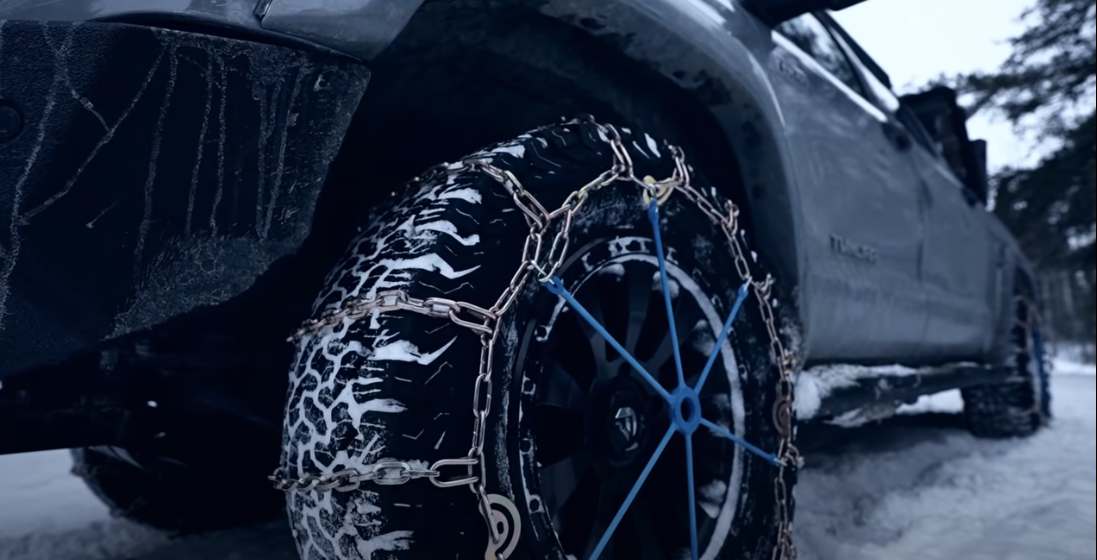
The 3 levels of winter emergency kits
1. Urban
At this level you’re mostly driving within the city but in a climate where driving on snow and ice is a frequent part of your commute. If you live in the Northern hemisphere, you know that a blizzard can hit at any time, making side streets and alleys especially difficult to navigate. Having these tools in your trunk can help you get through any urban weather situation in a cinch, even with a small vehicle:
- Flashlight
- Foot spikes or multi-traction footwear
- Portable vehicle booster and/or booster cables
- Traction mats
- Small shovel
-
De-icer
2. Highway / Commuter
If you plan to travel or commute into the city from a rural location, you need to upgrade your emergency vehicle roll from the ‘Urban’ basics. Even a short trip on the highway can become deadly if you’re not adequately prepared. In addition to the basics, add these to your emergency kit to stay safe in any emergency:
- Sharpie and paper if you need to leave your car
- Guardian angel light
- High-quality emergency blanket
- Candle or portable heater
- Lighter and matches
- Zippo hand warmer
- Road flares
- Reflectors
3. Backcountry

Whether you are preparing to bug out in a winter climate or heading for a backcountry road trip, leaving unprepared is a sure way to put yourself in danger. On rural roads, you might not have anyone pass you for days, or any cell service to call for help. Even in moderate temperatures, you can easily fall prey to the elements without thinking ahead. You will need everything in the ‘Urban’ and ‘Highway’ lists plus the following items:
- Crank power radio
- GPS
- Satellite phone
- Kinetic generator / solar panel
- Winter survival handbook
- Axe or hatchet
- Silky saw
- Good quality folding knife
- Sharpening stone
- Ice picks
- Walking stick / poles
- Tacbar rations
- Fire box stove / Jet boiler
-
Fur mitts and extra clothing layers
Common modifications to prepare your vehicle for a SHTF bug out.
Having the materials to utilize your vehicles in remote areas with a number of off-road situations is a critical consideration for any prepper. For my vehicle, I chose a truck that could accommodate my family and the climate I live in. This included choosing a truck with towing capability, payload, and 4-wheel drive. You can see the different ways I have prepared my vehicle in this Youtube video.
Here are some tips for getting your vehicle ready:
- Choose all-season or winter-specific tires with a heavy off-road tread
- Ensure you buy good quality tire chains with star bungee
- Winch bumper
- Raise your vehicle to get better clearance in all weather conditions
- Utilize a multi-functional trunk or box space


